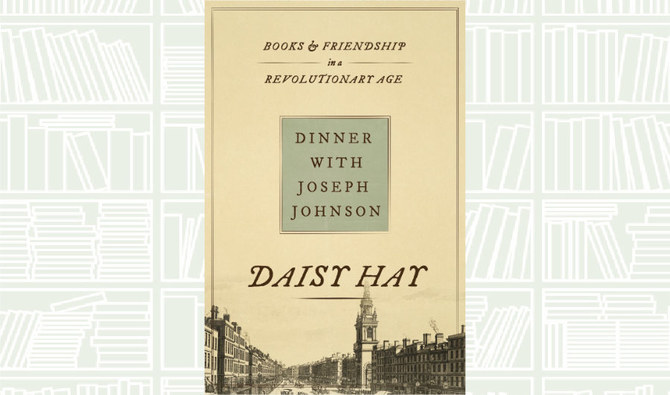“I hate vegetables,” Heidi Herman writes in the opening to “The Hidden Vegetables Cookbook: 90 Tasty Recipes for Veggie-Averse Adults.”
That bold admission hooked me from the first page and set the tone for Herman’s book which will be released in September. Arab News received an advance copy of the publication for review.
The cookbook offers nearly 100 clever recipes crafted and curated specifically for adults who want the nutritional benefits of vegetables, but perhaps without the taste or texture.
Herman is not writing this book for exhausted parents sneaking in healthier ingredients for their finicky toddlers. These recipes are meant for grown-ups who want to mindfully devour nutritious and delicious dishes with complex flavors and creative combinations.
Think banana muffins with riced cauliflower and ginger, Salisbury steak with spinach-laced brown gravy, enchiladas with stealthy carrots and onions, and a delectable chocolate cake made with undetectable zucchini.
The goal is not to push green smoothies onto reluctant palates. Instead, Herman leans into comfort food — soups, bakes, pastas, and even desserts — where vegetables are quietly worked in.
Growing up, Herman rarely thought about food or nutrition. Her breakfasts were usually rushed — grabbing whatever was readily available, lunch was usually from the school cafeteria, and dinner often from a boxed meal like Hamburger Helper.
Her Icelandic mother called vegetables “rabbit food” and they rarely served them at home, relying instead on seafood and dairy.
In addition, “Greens” were such a foreign concept that when her mother’s doctor once told her to add more to her diet, she jokingly bought a bag of M&M’s chocolate bits and picked out all the green ones to fulfill that serving.
That vegetable avoidance was passed down to Herman.
Also contributing to the book is Rhonda Thornton, a US National Board Certified Health and Wellness Coach.
Thornton, who works with adults struggling to eat healthier, believes the secret lies in incorporating vegetables gradually and without pressure, like when stirred into sauces, baked into muffins or folded into familiar dishes.
This book is for anyone who grew up coating broccoli in a blanket of cheese or avoiding the vegetable section altogether.
It is also for anyone who wants to try to make smarter choices in the kitchen for the sake of their health, and to maybe devise some fun culinary experiments in the meantime.



























